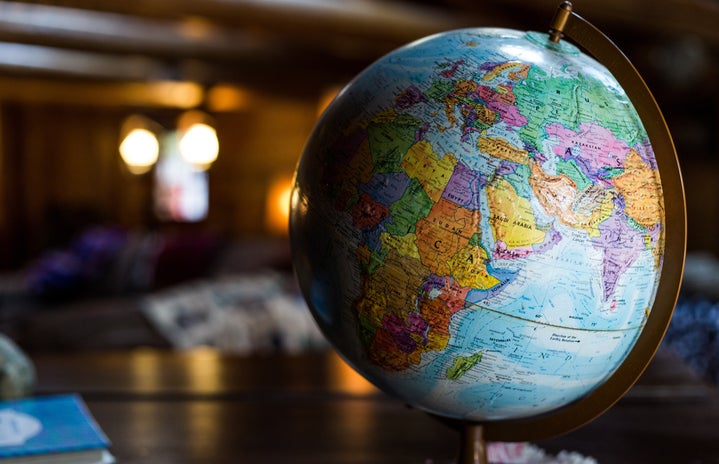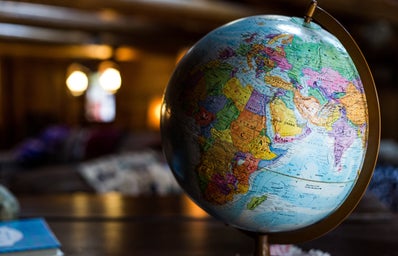When I first stepped foot onto Cambodian soil, I was seventeen years old. Much like I watched the landscape as the plane landed, I was overcome with this strange feeling that I can only describe as longing. Although I’d never been there and everything felt foreign and tilted, there was still a sense of nostalgia from the numerous stories my parents and grandparents would tell me about our motherland. The beautiful palm trees, the night markets and the feeling of camaraderie and familial love that felt absent in my everyday life in the United States.
Phnom Penh was a lively city, filled with motorcycles and cars speeding around with little care in the world. It was alarmingly loud, every decibel coming from a honking vehicle making me wince. Around me, people spoke quickly and wore long sleeves and jeans despite the blaring ninety-five-degree weather. After a moment, I realized that everyone looked like me—an unfamiliar concept as I was used to living among a diverse set of people.
Despite my love for cities, I had never been to one quite like this.
“Greet them,” my mom whispered to me as my relatives came to pick us up from the airport. As I met the family who has only known me through pictures, the longing from before gave way to a different question: what if?
What if I grew up here? What if I wasn’t born in America? What if my whole life was here, in Cambodia? What if this foreign land was as familiar to me as the suburbs I’ve become accustomed to back home?
There is a strange dissonance that occurs from feeling like a foreigner in a country that’s supposed to feel like it should’ve been home. As much as I tried, I couldn’t speak coherent Khmer with my heavy American accent. It left a barrier with my relatives, the ones that knew little English and saw me as a foreigner who came to visit. But despite this, I still felt connected to the land I was standing on. The question of “what if” still plagued my mind in the way that anxiety likes to poke at my brain until it comes to the forefront.
The more time I spent in Cambodia, the less I cared for the trivial things in life and the more privilege I saw in my own. It broke my heart to see the stray animals begging for food in shops and the children carrying baskets on their heads while taking care of their younger siblings; only 10 years old, my dad would later tell me. I think back to my older sisters, the ones who would take care of me growing up because of our eight and 11-year age gaps. Would they have had to take care of me like that? I thought to myself.
Even as I stepped foot onto American soil for the first time in a month, the strange feeling never left me. I missed the elegant palm trees, the sounds of the motorbikes and most importantly, the people I met there. But another part of me missed the sight of green trees, the windy roads and—weirdly—fried chicken. I’ve come to notice that it’s not uncommon for first-generation Americans to feel connections with both places, even if taking parts for yourself can feel inherently a little selfish. I am the product of two cultures clashing, and it is through the creation of a mixed identity that I am able to address the longing feelings of what if, what if? Turns out, “what if” isn’t the right question. “What happened” and “why” is more accurate. It’s likely every first-generation says, “my family sacrificed a lot to be here,” but you can be grateful at the same time you are confused or disconnected or immersed.



